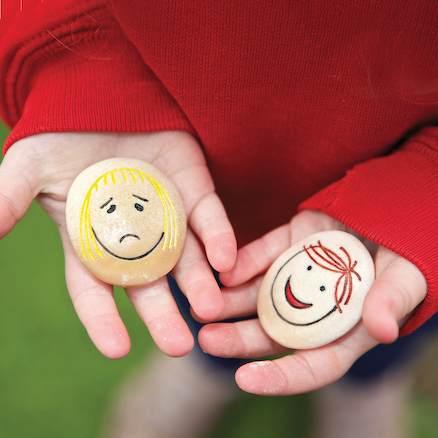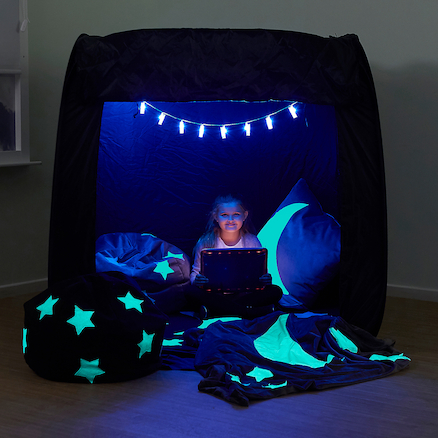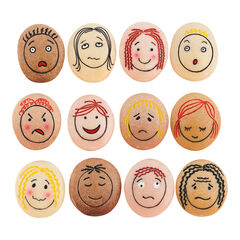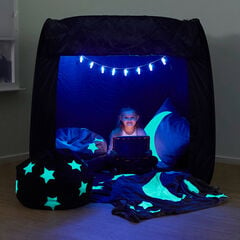Inclusive practice
Inclusive practice is about ensuring that children with SEND are not isolated. It is important for all children in a setting to be familiar with each other’s needs. This way they can understand and support each other.
Providing children with personalised interventions can sometimes unintentionally form a social barrier between children who are receiving different support and resources. Despite having individual needs, all children do want to take part in the same opportunities in exactly the same ways. This can be difficult to do as some children strongly benefit with individualised interventions and therefore a different approach. To achieve a balance, it can sometimes be a good idea to provide all children with the same intervention where possible. This may involve leaving resources open for all children to access, for example visual and sensory prompts.
Individualised support for SEND
In the Early Years, individualised support and interventions can strongly impact children’s future transitions in many different ways. Some children need plenty of opportunities for one to one support to be able to progress in their own learning and development. However, too much one to one intervention can in some cases cause difficulty for children with SEND to transition and access different provisions. It is important to gain a balance in Early Years practice and give children independence and autonomy but equally support their individual needs.
Forming a secure relationship with a key person is central for learning and development, particularly for children with SEND. It allows them to explore their environment from a familiar base. Equally, an enabling and safe environment is just as important, especially for encouraging independence.
Early Years practitioners can support children’s individual needs and allow them to feel autonomous by providing spaces for children to access where the can feel secure. A quiet and calm space can support children with SEND when they feel that they need to take themselves away from a busy environment. To ensure children do not feel isolated when accessing this space it can be useful to leave it accessible for all children when they feel that they also need somewhere which is calm and quiet.







